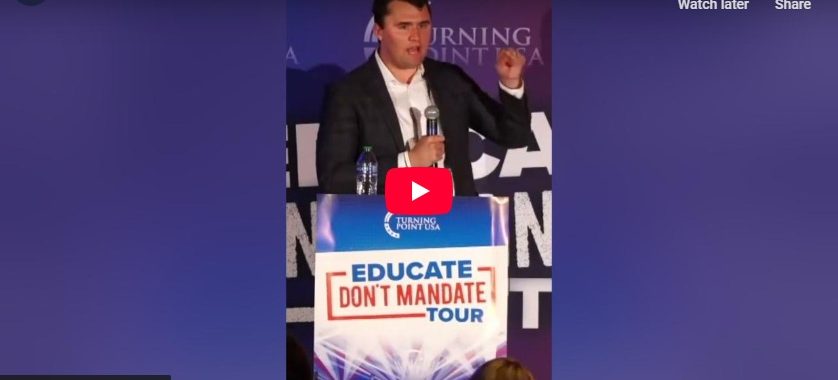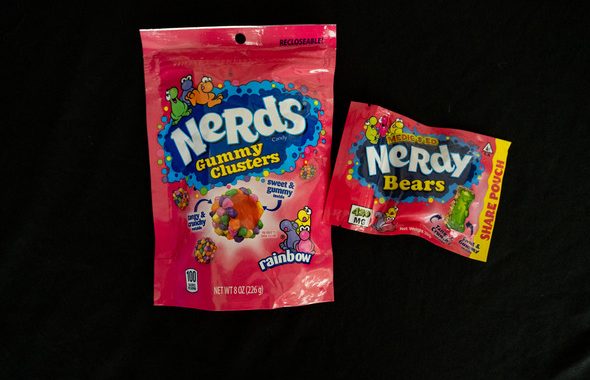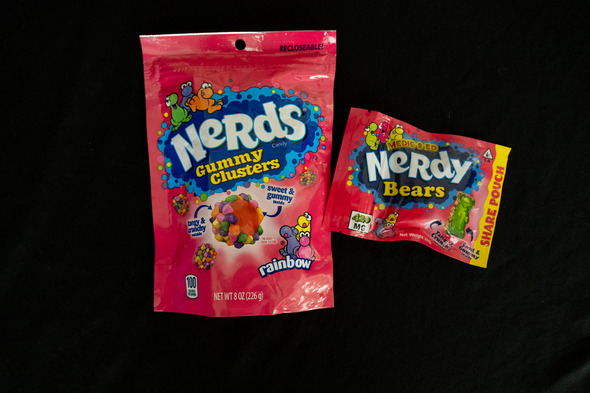8th Circuit Gives Arkansas A.G. Greenlight to Appeal Case Protecting Kids Online

Earlier this month the Eighth Circuit Court of Appeals gave Arkansas Attorney General Tim Griffin’s office a greenlight to continue defending a state law designed to protect children online.
In 2023 the Arkansas Legislature passed the Social Media Safety Act. This good law by Sen. Tyler Dees (R – Siloam Springs) and Rep. Jon Eubanks (R – Paris) requires major social media companies to ensure minors don’t access social media platforms without parental consent. A social media company that violated the law could be held liable.
In response, a group of social media tech giants sued to strike down the Social Media Safety Act as unconstitutional.
In March U.S. District Judge Timothy Brooks in Fayetteville issued a final order blocking the State of Arkansas from enforcing the Social Media Safety Act. Among other things, Judge Brooks’ ruling claims that Arkansas’ Social Media Safety Act is unconstitutionally broad and vague.
However, the A.G.’s team has appealed that decision. A panel of judges at the Eighth Circuit have now asked Attorney General Griffin to submit a brief in the case by November 3.
A growing body of evidence shows that — by design — social media platforms are not appropriate for children.
TikTok has been accused of serving kids a steady “diet of darkness” online and struggling to protect private user data from entities in China, such as the Chinese Communist Party.
The Arkansas Attorney General’s Office has filed documents in other court cases alleging that platforms like Facebook and Instagram are built around algorithms intentionally designed “to exploit human psychology and foster addiction to maximize users’ screen time,” and that this exploitation is especially true of young users with developing brains.
Social media platforms are more than just websites or phone apps. These are multibillion dollar corporations, and the adults who own and profit from them have a responsibility to protect children on their platforms. They should not be able to register children as users and let those children post photos and videos on their platforms without parental consent.
Family Council is not aware of any attorney general in America who is doing more to hold social media giants accountable and protect children online than Arkansas Attorney General Tim Griffin. We appreciate his willingness to appeal to the Eighth Circuit, and we are confident our federal courts ultimately will let Arkansas protect children on social media.
Articles appearing on this website are written with the aid of Family Council’s researchers and writers.




